EU Enlargement Review 2024
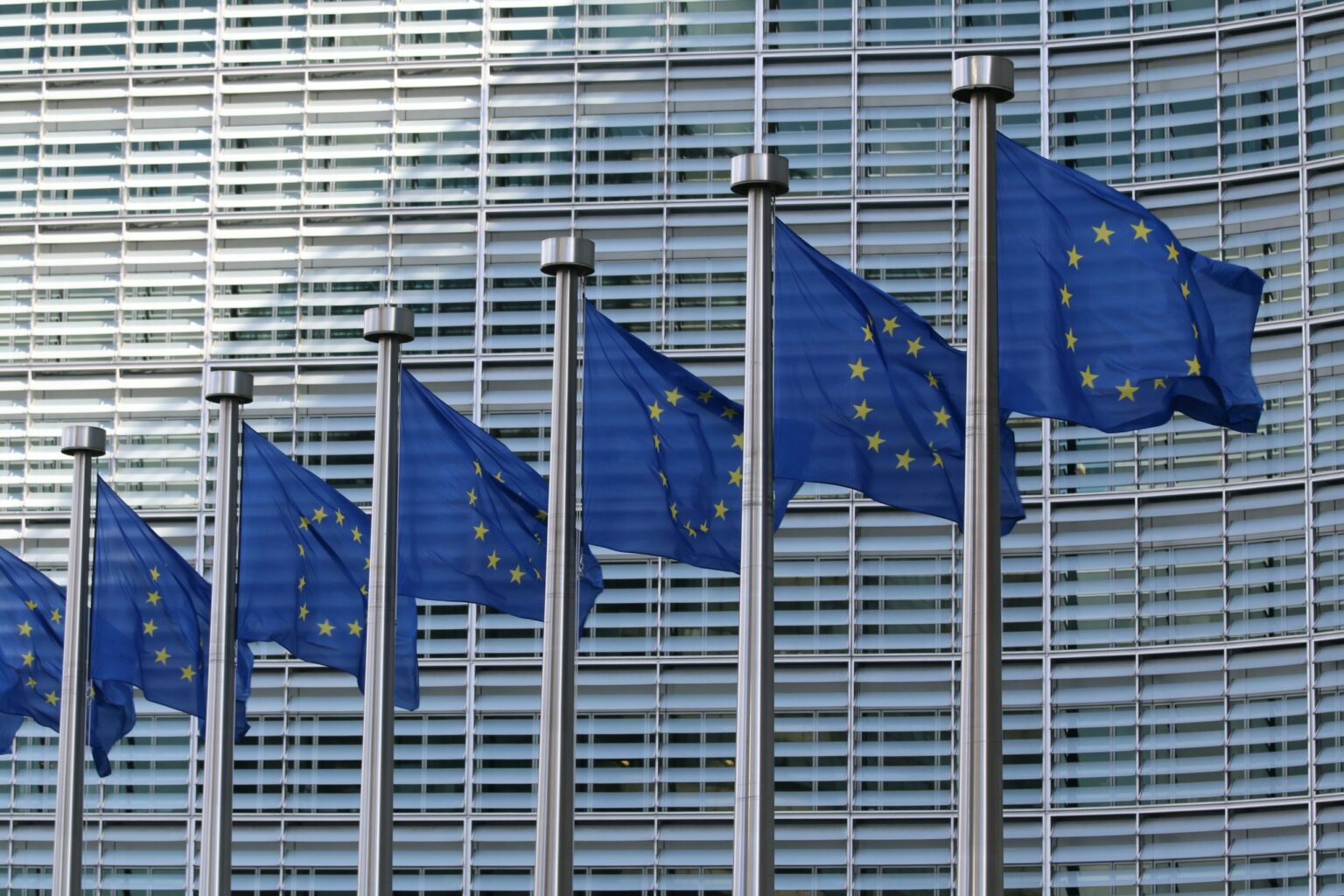
The fundamental rights of LGBTI people need to be a core part of the accession process and EU institutions need to work with the authorities in each accession country to ensure the gaps are tackled and important pieces of legislation are advanced over the next year.
The EU enlargement process has leverage and needs to be fully used to support the adoption of important legislation protecting the fundamental rights of LGBTI people, as well as call out when governments advance laws that go against EU principle of fundamental rights, democracy and rule of law.
Over the last year, not only have we seen the worrying trends of governments challenging the rule of law, an increase in LGBTI phobic hate speech by politicians and religious leader continuing and foreign influence being exerted to challenge advances on human rights continue, but in a number of candidate and accession countries, ruling parties have been pushing legislation forward that is actively limiting the human rights of vulnerable groups including LGBTI people. We have also seen governments putting forward Russian style foreign agent laws in Georgia and Republika Srpska in Bosnia- Herzegovina. LGBTI rights are being used to polarise society, often to distract from a broader undermining of democracy and the rule of law in these countries and other more important socio- economic and political issues.
The annual enlargement report process is a key moment to remind governments of the criteria that need to be met and point out where advancement on rule of law and the protection of fundamental rights are needed to advance the process. While in some countries progress has been too slow and the EU should ensure that important legislative processes are finally seen through (such as the legal gender recognition in Montenegro and partnership recognition for same-sex partners and a new hate crimes legislation in Ukraine), it is important to be very clear that the attempts to put forward laws that actively cancel EU fundamental rights cannot be tolerated and will need to lead to a reconsideration of the status granted by the EU.
It is especially important in this context that the EU insist that the protection of LGBTI people’s human rights are a core part, as they are often falling behind the requirements. The recommendations regarding the human rights of LGBTI people in the EU enlargement reports are key in holding governments accountable to the commitments made. This also means putting an emphasis on ensuring proper implementation of the laws protecting and granting access to fundamental rights. It is key that the EU makes this a priority in all the countries, also by supporting initiatives for training and education.
Through the region of all enlargement and candidate countries, we can clearly see how foreign forces are gaining influence and are challenging alliance with EU values and fundamental rights. The strength of disinformation and anti-LGBTI sentiment being spread across the Western Balkans region, particularly in Serbia, Bosnia and Herzegovina, Montenegro and North Macedonia, has intensified even more since Russia’s war in Ukraine, with LGBTI people and civil society as targets of smear campaigns, hatred and hostility, often originating from the government level, pro-Russia forces and religious leaders. We can see the anti-gender movement gaining more ground, spreading countless hostile and hateful statements and protests, disturbing public order and democratic processes. Politicians, religious leaders and newly formed organisations were among the most common perpetrators of hate speech, which translates into actual hate and violence against LGBTI people.
The anti-rights movement, which is well funded and coordinated, has taken root strongly in the Western Balkans region in the last years. In order to stand against this increasing influence of anti- gender forces and foreign governments trying to undermine the EU rule of law and democracy, strong civil society organisations are key as they continue to build social acceptance for fundamental rights, support vulnerable groups and are a corner stone of democratic societies.
The fact that LGBTI organisations in the Western Balkans have seen EU support decrease has further weakened their work and social cohesion in those countries. A number of LGBTI organisations had to close, and many at brink of closing, while they are facing organised attacks against their physical spaces, as well as against the legal framework which protects and guarantees their equal rights. The EU must be a supporting partner to these organisations, including their views meaningfully in consultations and negotiations, modelling civil dialogue as an important part of a democratic society, and continuing to support LGBTI organisations in the region through funding in the extremely fragile context.
Ukraine, LGBTI rights and joining the EU
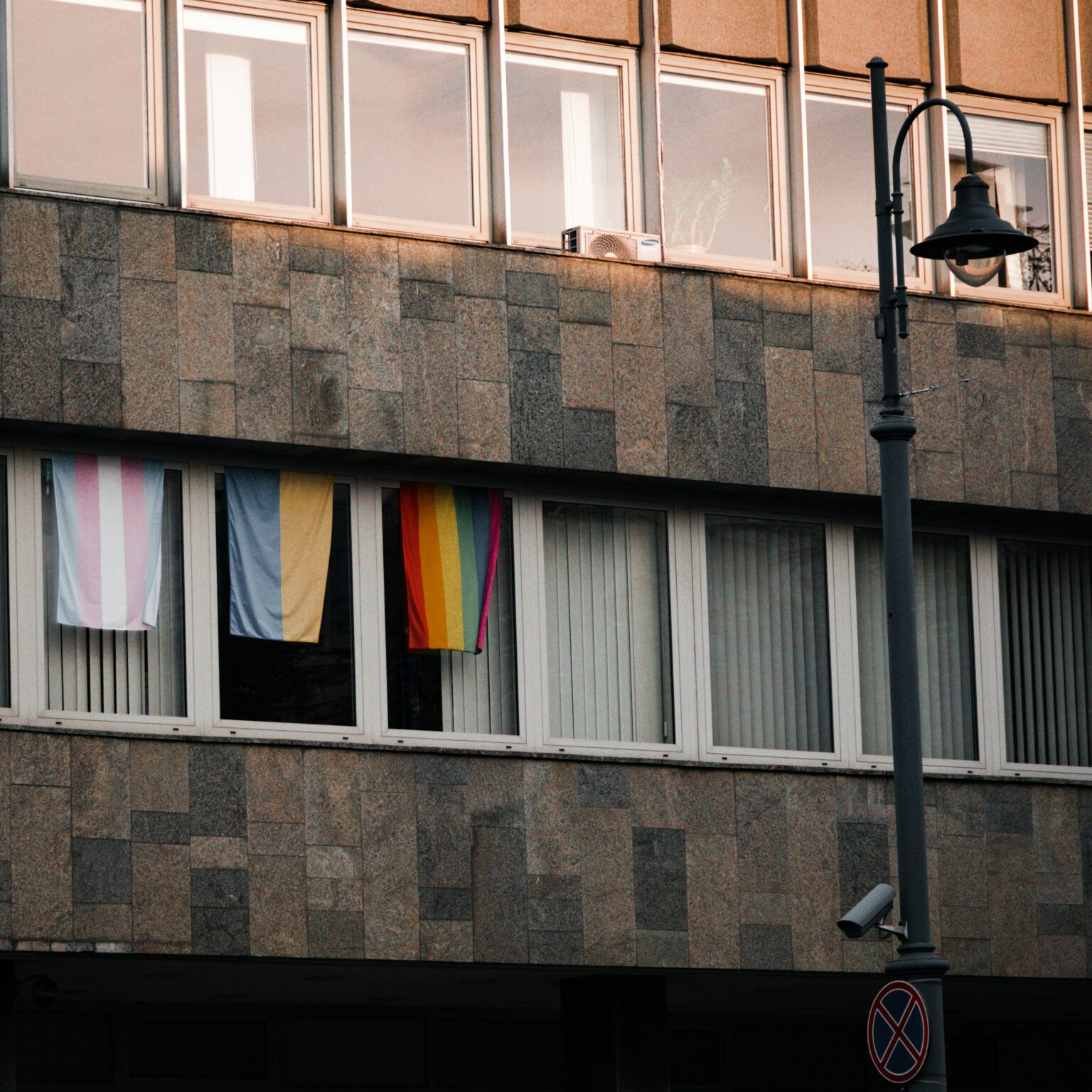
Last year, Ukraine became a candidate country to join the European Union. But the country’s lack of LGBTI rights threatens to hinder the process
As Ukraine charts its course towards European Union enlargement, it’s vital to focus on improving LGBTI rights in the country. While there’s notable support from society – with 72% of Ukrainians now supporting equal rights for LGBT people – and the international community, hurdles within the Ukrainian Parliament, the Verkhovna Rada, and the Ministry of Internal Affairs threaten to impede progress.
Despite significant strides, resistance persists within the corridors of power. This resistance not only undermines Ukraine’s commitment to EU integration but also poses a threat to the rights and freedoms of LGBTI people.
The leverage of the EU accession process cannot be overstated. The European institutions and EU member states have strength and influence to achieve change. By actively engaging with Ukrainian counterparts and lending their support to legislative initiatives aimed at safeguarding the rights of all individuals, the European Commission and Parliament, but also EU governments play a crucial role in Ukraine’s journey towards EU integration.
Recognition of same-sex partnerships
Recently, members of the European Parliament’s LGBTI Intergroup sent a letter to President Volodymyr Zelensky, showing their support for two important draft laws in Ukraine. These laws, if passed, could make a big difference for LGBTI people in Ukraine and bring the country closer to joining the EU.
One of these laws, Draft Law 9103 is the Legal Recognition of Same-Sex Partnerships. Beyond its legal implications, this would symbolise a monumental shift towards equality and non-discrimination, echoing the values espoused by the EU. If passed, it would provide legal protections and rights to same-sex couples, similar to those enjoyed by heterosexual couples, such as inheritance rights, medical decision-making authority, and financial protections – many of these rights reaching a new significance since the onset of the war in Ukraine.
Protection against hate crimes
Another crucial law mentioned in the letter and awaiting the decision of the Ukrainian Parliament, Draft Law 5488, is the Protection Against Hate Crimes – including those motivated by sexual orientation or gender identity. If enacted, it would provide legal protections to LGBTI people and other vulnerable groups who are targeted for violence or discrimination based on their identity.
In its judgment of 11 April 2024 in Karter v. Ukraine, the European Court of Human Rights ruled that Ukraine violated Article 3 (prohibition of inhuman or degrading treatment) in conjunction with Article 14 (prohibition of discrimination) in view of the ineffective investigation of two verbal and physical attacks of the applicant, a gay man, involving homophobic slurs. Further to the first attack, the authorities did not follow up on the applicants’ hate crime allegations and initially classified it as a robbery. The Court noted that the criminal-law classification the national authorities had chosen for the second attack as falling under the ordinary provisions of criminal law undermined their ability to uncover the alleged homophobic motive behind the attack.
The Court specifically considered the lack of explicit recognition of attacks motivated by sexual orientation as an aggravating circumstance in domestic criminal law in general and under Article 161 of the Criminal Code in particular and the difficulty that the absence of such recognition in domestic criminal law causes in the effective investigation of homophobia-motivated attacks. It considers that domestic authorities should “conduct the investigation taking all reasonable steps with the aim of unmasking the role of possible homophobic motives for the attack” as, otherwise, “prejudice‑motivated crimes would unavoidably be treated on an equal footing with ordinary cases without such overtones, and the resultant indifference would be tantamount to official acquiescence to or even connivance with hate crimes.”
This court ruling serves as another reason for Ukraine to prioritize and enact legislation aimed at addressing the issues highlighted, further emphasizing the urgency of legal reform in safeguarding the rights of LGBTI individuals. As Ukraine moves forward on its path towards European Union enlargement, the support of EU institutions and politicians is crucial in achieving meaningful change and upholding the principles of equality and non-discrimination. By enacting these laws, Ukraine not only strengthens its position on the path towards EU integration but also reinforces its commitment to human rights.
Joint statement: Respect LGBTI+ rights in EU-Türkiye relations
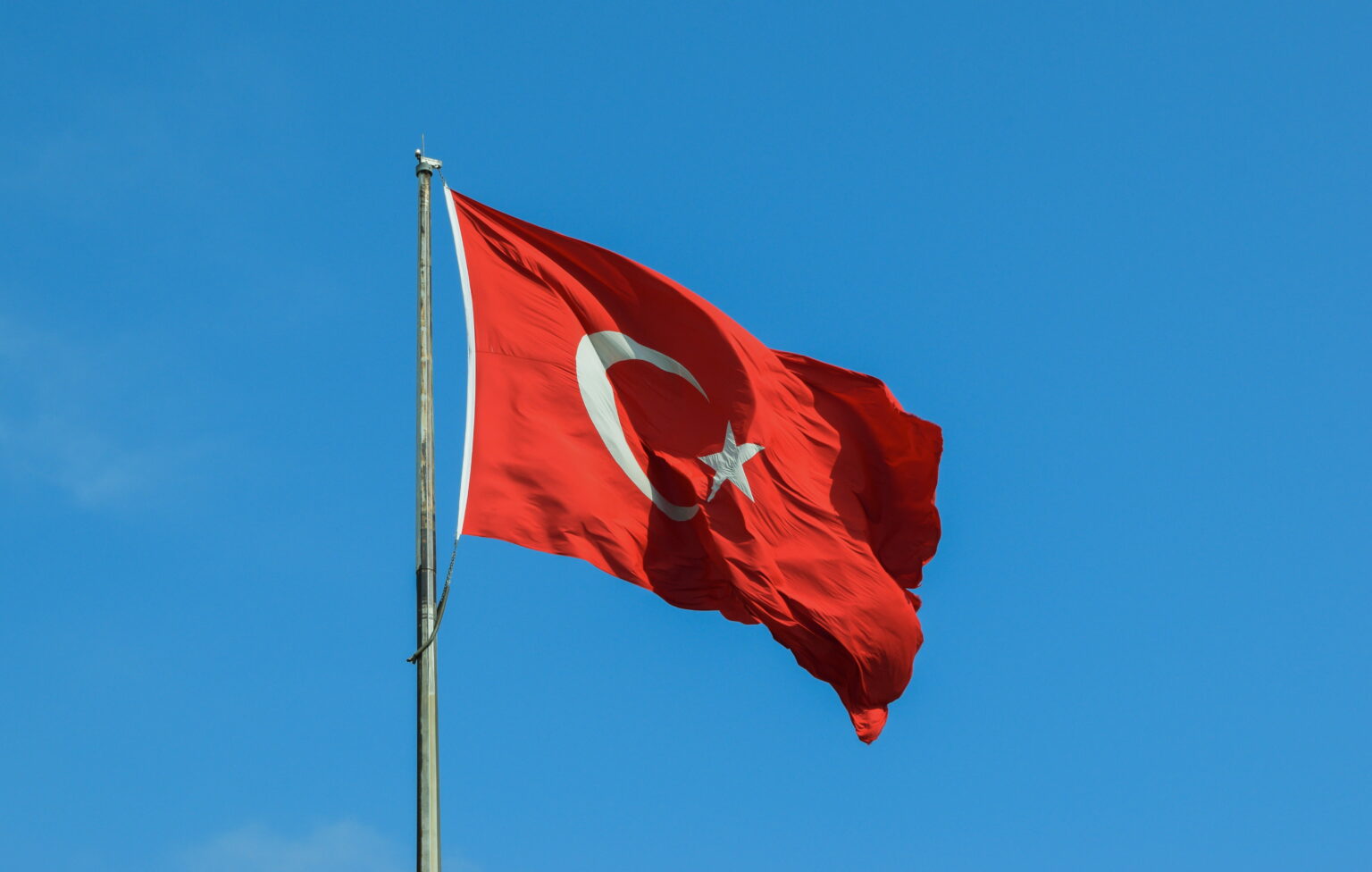
Today, alongside five other international human rights organisations, we demand that the EU takes specific steps to ensure respect for the human rights of LGBTI people in Turkey in future EU-Turkey relations.
The LGBTI+ community in Türkiye is increasingly the target of discrimination, intimidation and violence, said the European Commission in its 2023 Enlargement Package published last week. It also points out that the activities of LGBTI+ organisations continue to be unduly restricted, LGBTI+ people and human rights defenders continue to be targeted with legal sanctions for participating in Pride events, and LGBTI+ people continue to face hate speech, stigmatisation, and smear campaigns.
According to our assessment and that of LGBTI+ human rights defenders these trends will intensify in the coming months.
After the May 2023 elections, Türkiye has explicitly expressed its desire for the EU to revive its accession process. Beyond the enlargement framework, EU leaders are considering options for engaging with Türkiye in areas of mutual interest, with the High Representative of the European Union for Foreign Affairs and Security Policy and the European Commission preparing a report on the future of EU-Türkiye relations ahead of the 14-15 December European Council. Indeed, in recent weeks, EU officials have also signalled an intention to intensify dialogue and cooperation with Türkiye, including on issues such as visa facilitation, trade and investment, and migration.
In light of these developments, we remind the EU and Türkiye that respect for rule of law and human rights must remain at the core of EU-Türkiye relations, regardless of the framework in which they develop. The EU’s accession process is anchored in the respect for fundamental rights, including those of LGBTI+ people, and such respect remains a cornerstone in all areas of the EU’s external action. We therefore call on the EU institutions to ensure that all discussions on EU-Türkiye relations – including the upcoming report due to be presented at the December European Council – take into account the human rights concerns we have outlined below, and that all steps toward engaging with Türkiye are used to promote tangible human rights improvements in the country.
Hate speech against LGBTI+ people
Discrimination and hate speech which constitute incitement to hostility or violence against LGBTI+ people in Türkiye continued throughout 2023, often by high-level government officials, including the President. The run-up to the elections was marred by a high volume of anti-LGBTI+ statements from politicians, and smear campaigns against LGBTI+ people led by the ruling party. Since the election, pro-government media outlets have continued this alarming pattern of stigmatisation and discrimination.
In both September 2022 and 2023, the “Great Family Platform” organised anti-LGBTI+ marches in which some participants called for the banning of LGBTI+ organisations and events, and which led to commentaries justifying a call for the death penalty against LGBTI+ people. The promotional videos for the marches, in which LGBTI+ people were stigmatised, were approved by the Radio and Television Supreme Council (RTÜK) as public service advertisements. In 2022, the advertisement presented LGBTI+ people as a “virus,” and in 2023, the advertisement targeted so-called “LGBT propaganda.”
Türkiye is a party to many international treaties that prohibit discrimination, including on grounds of sexual orientation and gender identity. Among those most relevant to the violations described are the International Covenant on Civil and Political Rights (ICCPR), the United Nations Convention against Torture (CAT) and the European Convention on Human Rights (ECHR). The Turkish government has an obligation to protect everyone from discrimination, and should not be part of or show complacency towards any statements that could encourage discrimination and target a marginalized group, including LGBTI+ people.
We call on the EU to condemn discriminatory speech against LGBTI+ people and human rights defenders and to persist in urging Türkiye’s government and all its representatives to abstain from making statements that stigmatise and discriminate against LGBTI+ people, as such remarks put them at risk of harassment and violence. The EU should call for a prompt, impartial, thorough and effective investigation into any attacks and other forms of harassment against LGBTI+ people and for perpetrators to be brought to justice.
Freedom of peaceful assembly, in particular Pride events
This year’s Pride season in Türkiye began shortly after the legislative and presidential election, and spanned a number of weeks. A record number of Pride events were planned, despite blanket bans and the threat of police violence and detention of LGBTI+ human rights defenders.
LGBTI+ human rights defenders courageously defied political pressure and bans in order to claim their right to freedom of assembly and expression, but once again faced a number of fundamental rights violations. Across the country, LGBTI+ people and their allies were denied the right to exercise their rights to freedom of expression and peaceful assembly. The police used unnecessary and excessive force against protestors, and arbitrarily detained people participating in the events as well as bystanders.
Police intervened in at least 10 LGBTI+ rights related events and pride marches, detaining at least 224 people, including lawyers, journalists, human rights defenders, and foreign nationals. An opposition MP was also targeted and threatened with detention. At least 5 foreign nationals, including an Iranian LGBTI+ activist with international protection status, were held in removal centres for up to one month, facing deportation. The excessive use of force deployed during the police interventions violates the right to peaceful assembly, which is protected under domestic law and international treaties, including the European Convention on Human Rights.
In 2023, despite the continued anti-LGBTI+ rhetoric, bans and attacks on Pride marches, LGBTI+ human rights defenders continued their resistance with numerous successes, as many Pride events were organised, which once again underscores the strength and resilience of the LGBTI+ movement and people’s commitment to upholding fundamental rights and the rule of law in Türkiye.
However, 2023 was the ninth consecutive year since 2015 that LGBTI+ people have been subjected to blanket bans and restrictions on Pride events.
We call on the EU to demand Türkiye ends all arbitrary and disproportionate restrictions on the right to peaceful assembly, including the use of blanket bans, and protects participants of pride marches and other LGBTI+ events from any potential violence, as stipulated in Türkiye’s national legislation and international legal commitments.
New draft constitution
Earlier in 2023, the government proposed amendments to the Turkish Constitution on Article 41 on “protection of the family and the rights of the child.” The proposed amendment aimed to add to Article 41 that a “union of marriage can only be established between a woman and a man.” This definition of marriage explicitly discriminates against LGBTI+ people. Activists advocating for LGBTI+ rights are also concerned that such discriminatory amendments may pave the way for criminalising same-sex relationships and prohibiting LGBTI+ organisations from operating in the country.
We urge the EU to exert pressure on Türkiye to ensure that any revision of its Constitution includes a strong commitment to upholding the right to non-discrimination, in accordance with the various international treaties to which Türkiye is a party.
Amnesty International
Civil Rights Defenders
The International Federation for Human Rights (FIDH)
Human Rights Watch
ILGA-Europe – the European region of the International Lesbian, Gay, Bisexual, Trans and Intersex Association
World Organisation Against Torture (OMCT)
EU Enlargement Review 2023
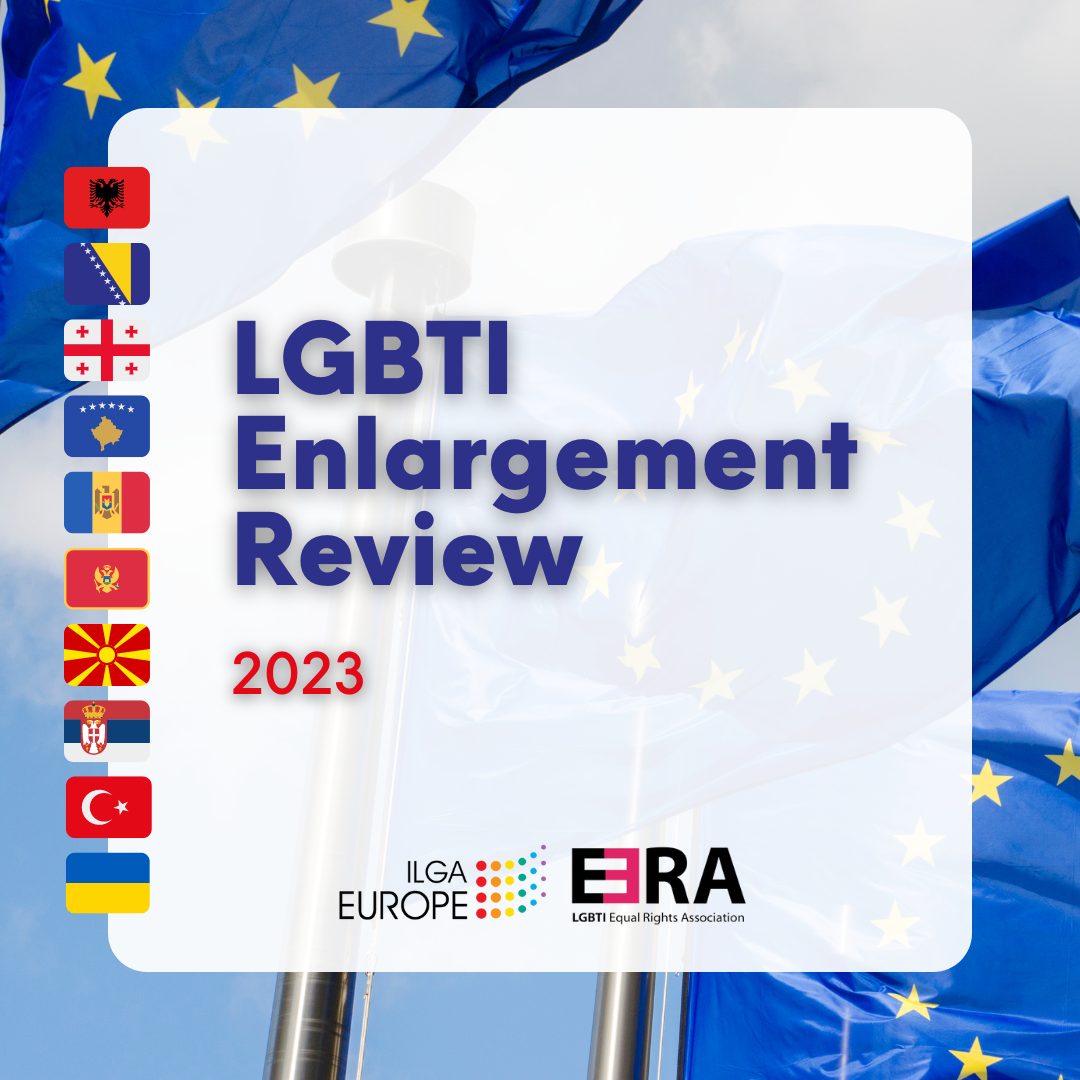
ILGA-Europe has worked with ERA – LGBTI Rights Association for the Western Balkans and Turkey, to produce our annual LGBTI Enlargement Review, assessing gaps in legislation and policy for the protection and advancement of the human rights of LGBTI people in the enlargement countries, and identifying priorities the EU should insist authorities in each country need to tackle in the coming year, as identified by LGBTI activists in the respective countries.
2022 was an historic year for the enlargement process, as the EU expanded its promise of a perspective for EU accession to include Ukraine, Moldova and Georgia, following the beginning of Russia’s war in Ukraine on 24 February 2022. All three countries are now included in the EU’s annual enlargement reporting process. As ILGA-Europe has member organisations in all of the newly added countries, this year’s LGBTI Enlargement Review covers the perspectives of LGBTI civil society from all ten countries: Albania, Bosnia & Herzegovina, Georgia, Kosovo, Moldova, Montenegro, North Macedonia, Serbia, Turkey and Ukraine.
This year’s LGBTI Enlargement Review also follows a new format. We wanted to particularly highlight the importance of implementation of already existing policy and legislation, as it has become commonplace for Enlargement countries to adopt a legal framework aligning with EU standards, but not actually implementing it. As a result, each country chapter is divided into the below headings:
- Main legislation/policy to be drafted/adopted to ensure non-discrimination and access to justice for LGBTI people (priorities for the coming year)
- Implementation of already-existing legislation/policy
- Legislation/policy in process
- Feedback on the European Commission’s 2022 Enlargement Report (where applicable)
- Recommendations to the EU
These headings are then complemented by a section linking readers to the respective country chapter of ILGA-Europe’s Annual Review 2023, in order to understand the reality on the ground and more nuanced context, which often varies significantly from legislative frameworks. The chapter on Turkey is structured in a different way, in order to present the current state of play prior to the elections in May, and will be updated to reflect the priorities that emerge after the elections.
In all of the enlargement countries, we can unfortunately identify a clear trend of rule of law being challenged, foreign influence being exerted to challenge advances on human rights, including the rights of LGBTI people, and an increase of hate speech translating into violence on the ground, as well as ongoing challenges to freedom of assembly and association.
In this context, LGBTI topics are being used to polarise society, often to distract from a broader undermining of democracy and the rule of law in these countries and other more important socio-economic and political issues.
It is thus important that the EU renews a clear prospect for EU enlargement, not only for Ukraine, Moldova and Georgia, but most importantly in the Western Balkans. The commencement of accession talks with Albania and North Macedonia is an encouraging step in this regard. It is important that the EU places LGBTI rights firmly into all its considerations, and that demands on advancing the protection of the human rights of LGBTI people are put on the same footing as important processes on fighting corruption and advancing the rule of law.
Activists on Accession to the EU
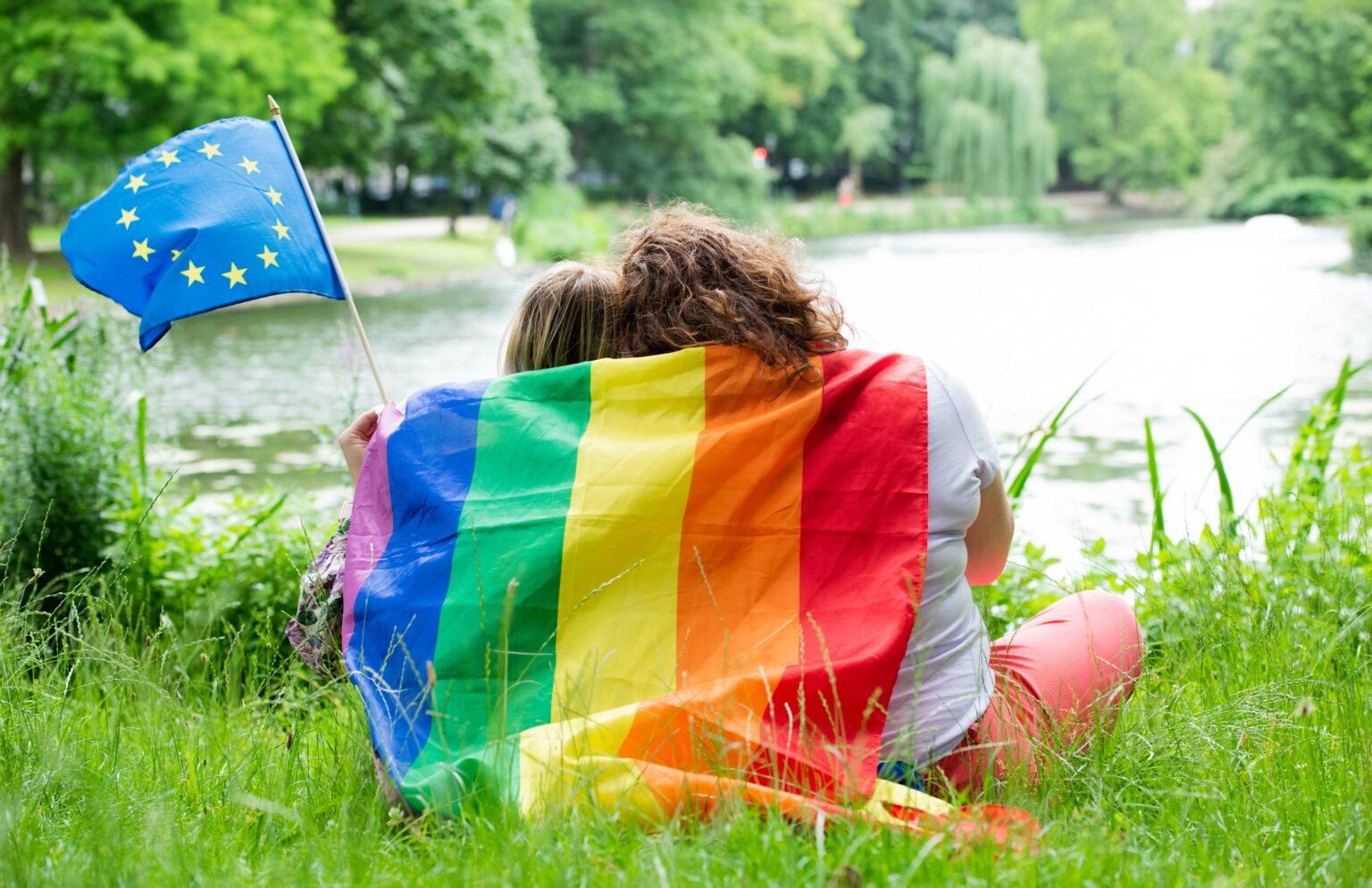
Although achieving EU membership can take several years, even decades, the accession process can already have a positive impact in LGBTI people in a candidate country. We speak to activists in the latest candidates, Ukraine and Moldova, and from Montenegro, which has been a candidate since 2010.
Since its foundation, the EU family has kept its doors open to new members who share the same values. They must be committed to apply, support and promote the EU’s democratic principles and practices in their territories and overseas. Once the request of a European state to join the EU has been agreed by current EU member states, the accession process begins. The benefits of joining are multiple, including access to billions of EU funding, visa free access to EU countries, and Free movement of labour, goods, services and capital.
During the process, the candidate country must satisfy a number of political and economic criteria as well as administrative and institutional capacity.
These criteria include respect for the human rights of LGBTI people. In our latest podcast at The Frontline we spoke to LGBTI activists in Ukraine and Moldova, the latest countries to have been granted candidate status, and in Montenegro, which has been a candidate member since 2010.
Lenny Emson, Ukraine
Lenny is the Director of KyivPride and a board member of Transgender Europe. Earlier this year, shortly after Russia invaded Ukraine in late February, the country applied for membership of the EU and it was granted candidate status just a few months later, along with Moldova. Lenny says the accession process “brings a bit of hope” to LGBTI people in a country that is still battling against Putin’s invasion.
“In practice this could mean the adoption of marriage equality and anti-hate legislation. Right now, if a person in a same-sex relationship gets hurt in the battlefield, their partner will not have the right to make medical decisions. This is why marriage equality in Ukraine is one of the priorities for LGBTI activists at the moment and the EU candidate status is pushing it up in the political agenda.~
Before the war started, anti-hate legislation to protect LGBTI people from biased-motivated crime was already in the makings. According to Lenny, its adoption would would be gaining a “right we’ve been fighting for in the five past years”.
Now more than ever, LGBTI activists advocate for the protection of sexual orientation and gender identity grounds as “anti-LGBTI groups that existed before the war now feel pretty much okay,” as Lenny explains. “Since the war started over 100 cases of LGBTI-phobic crimes have been reported to civil society organisations.”
Anastasia Danilova, Moldova
Anastasia is the director of GENDERDOC-M and a board member of ILGA-Europe. Just a few days after Ukraine’s request in early March 2022, Moldova applied for EU membership. The country also became candidate member in June.
“Definitely it’s a great opportunity for LGBTI people in the country,”. Anastasia says. There have been already some positive changes linked to the EU accession, like the ratification of the Istanbul Convention, which entered into force in the country in May, and the adoption of anti-hate crime legislation which includes sexual orientation and gender identity as protected grounds.
“Implementation will be a huge issue, but it’s already a big step. Until now, because of lack of legislation, crimes against LGBTI people were not registered in the official statistics.”
For Moldovans, the EU accession talks are also a security matter as pro-Russian parties try to destabilise the progressive government. “EU enlargement is the only chance for the future, for LGBTI people to enjoy equality,” Anastasia explains.
Danijel Kalezić, Montenegro
Danijel worked for years as the Executive Director of Queer Montenegro , but has now become the Co-director of ERA, the LGBTI Equal Rights Association. 12 years after Montenegro was granted EU candidate status, Danijel’s insights on the process and its impact are different to those from Lenny and Anastasia.
He sees a gap between “the paper” and the practice. “In many countries the EU enlargement is been used to improve the human rights framework. Montenegro is a good example of this. This year the country made it to the top-10 of the Rainbow Map and Index and has made major legislative changes in recent years to protect the rights of LGBTI people, including same-sex unions. However, if we look to what’s happening in real life, [the change] is not followed.”
This is because there are no communication campaigns following the legislative changes. “To enjoy all the rights that we have now on paper, we need to be able to change hearts and minds. And that change is not going as fast as the change of the legal framework,” Danijel says.
The EU candidate status can be “an amazing boost for the human rights of LGBTI people, to start conversations, but I would like to see more pressure from the EU on the government and stakeholders to talk about the importance of this process.”
Danijel points out to the need of speaking of human rights not only important to become a member of the EU, but above all, for all citizens of the country.
Danijel, Anastasia and Lenny are all guests on our latest two-part podcast episode exploring the effect of the EU accession process on candidate countries, alongside former member of European Parliament, Marije Cornelissen, who has worked extensively on the accession process, and ILGA-Europe’s advocacy director, Katrin Hugendubel, to talk about our long history of working alongside candidate countries to advocate for LGBTI rights and equality.
The Frontline: LGBTI Equality and Accession to The EU
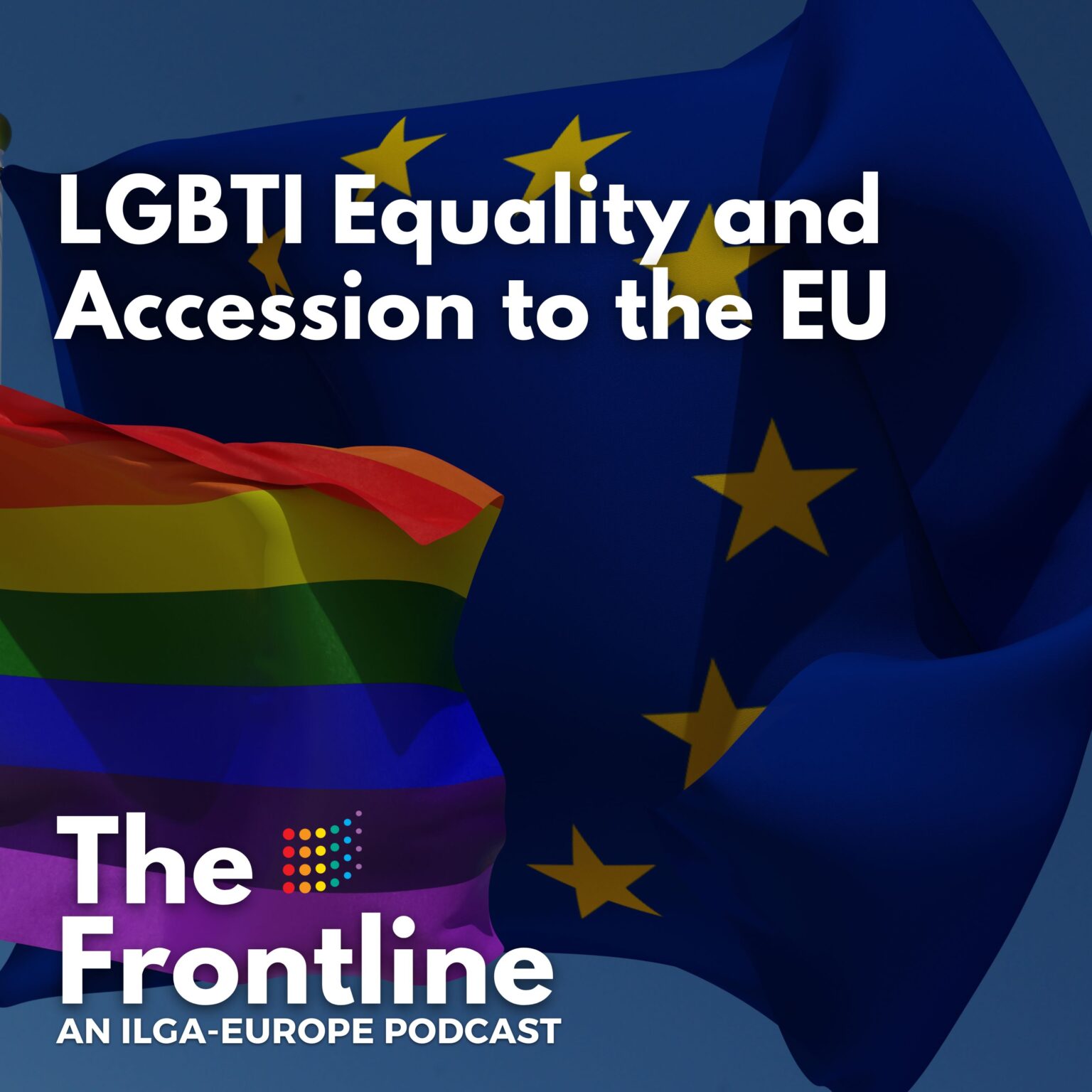
In this two-part episode of The Frontline podcast, presented by Belinda Dear, we’re looking at the new wave of accession to the European Union and what it will mean for LGBTI people.
With the recent news that Ukraine and Moldova are now candidates to the EU, the topic of EU accession is on the radar again, while Western Balkan countries such as Serbia, North Macedonia and Montenegro have been going through the process for some years now, and Turkey not acceded since its application in 1987.
With the current state of LGBTI rights in Central Europe, highlighted most recently by the Serbian government’s anti-democratic instrumentalising of LGBTI people in an effort to try to stop EuroPride in Belgrade, how does this kind of backsliding play into the accession process? And what about countries like Ukraine, where LGBTI rights have barely been on the governmental agenda? What are the opportunities to be gained by candidacy for joining the EU?
To discuss these questions and more, we’re joined by former member of European Parliament, Marije Cornelissen, who has worked extensively on the accession process, Lenny Emson from Kyiv Pride in Ukraine, Anastasia Danilova from GENDERDOC-M in Moldova, and Danijel Kalezić, who worked for years as the Executive Director of Queer Montenegro, but has now become the Co-director of ERA, the LGBTI Equal Rights Association for the Western Balkans and Turkey . We’re also joined by our Advocacy Director, Katrin Hugendubel to talk about ILGA-Europe’s deep and long-term experience of working on accession countries, which has been happening for 25 years now.
Listen below or click here to listen and subscribe to The Frontline on your favourite podcast platform.
EU Enlargement Countries Called on to Urgently Ensure Protection of the Human Rights of LGBTI People

Published today, ILGA-Europe’s Annual Enlargement Review urgently calls on all EU enlargement countries to properly implement their anti-discrimination, hate crime and hate speech legal frameworks, in the context of rising anti-gender, anti-rights and far-right groups.
ILGA-Europe and the LGBTI Equal Rights Association for Western Balkans and Turkey (ERA), have published their annual Enlargement Review, which outlines the developments in recognising and respecting the human rights of LGBTI people in each enlargement country (Albania, Bosnia and Herzegovina, Kosovo, Montenegro, North Macedonia, Serbia and Turkey) from January to December 2021.
The annual LGBTI Enlargement Review acts as an LGBTI submission to the Enlargement Progress Reports of the European Commission. These reports are a detailed annual assessment of the state of play in each candidate country and potential candidate country, outlining what has been achieved over the last year and what remains to be achieved.
This year’s Enlargement Review is published in the context of rising Euroscepticism in the enlargement countries, as well as a significant rise of anti-gender, anti-rights and far-right groups across the region. Misinformation and discriminatory speech against LGBTI people has been spread in public discourse via national broadcasting and political processes, leading to the prevention of the development of laws and policies inclusive of LGBTI people. As a result, despite some welcome significant advancements in the preparation and drafting of legislation to protect the human rights of LGBTI people this year, much of this legislation is currently stalled.
The Annual Enlargement Review recognises that the EU accession process has been a strong driving force for change in the recognition of the human rights of LGBTI people in the region, and it encourages this continued commitment by outlining the laws and policies that are still needed to ensure full and genuine protection of the human rights of LGBTI people, and by providing recommendations to each country’s authorities and to the European Union.
At ILGA-Europe, we hope to see the current legislative gaps closed, in particular regarding family rights, legal gender recognition based on self-determination, and the protection of intersex people’s human rights. With the rise in anti-gender, anti-rights and far-right groups, we renew with increased urgency our call on all countries to properly implement their anti-discrimination, hate crime and hate speech legal frameworks.
Further information:
Each country’s submission is arranged under the following headings. In cases where organisations have no updates to share, the respective heading has been left out. Each thematic heading also contains recommendations for the national authorities.
- Summary of key developments
- Main action points for the coming year
- Bias motivated violence, hate speech, hate crimes
- Education
- Employment
- Equality and non-discrimination, including legislation and enforcement
- Freedom of assembly, association and expression
- Health
- Human rights defenders
- Public opinion and attitudes
- Recognised unions for same-sex couples
- Rights and equal treatment of trans people
- Rights and equal treatment of intersex people
- A supportive and enabling environment for civil society
- Recommendations on how the EU delegation/European Commission can support LGBTI CSOs
ILGA-Europe’s submission to Progress Reports of the European Commission 2021
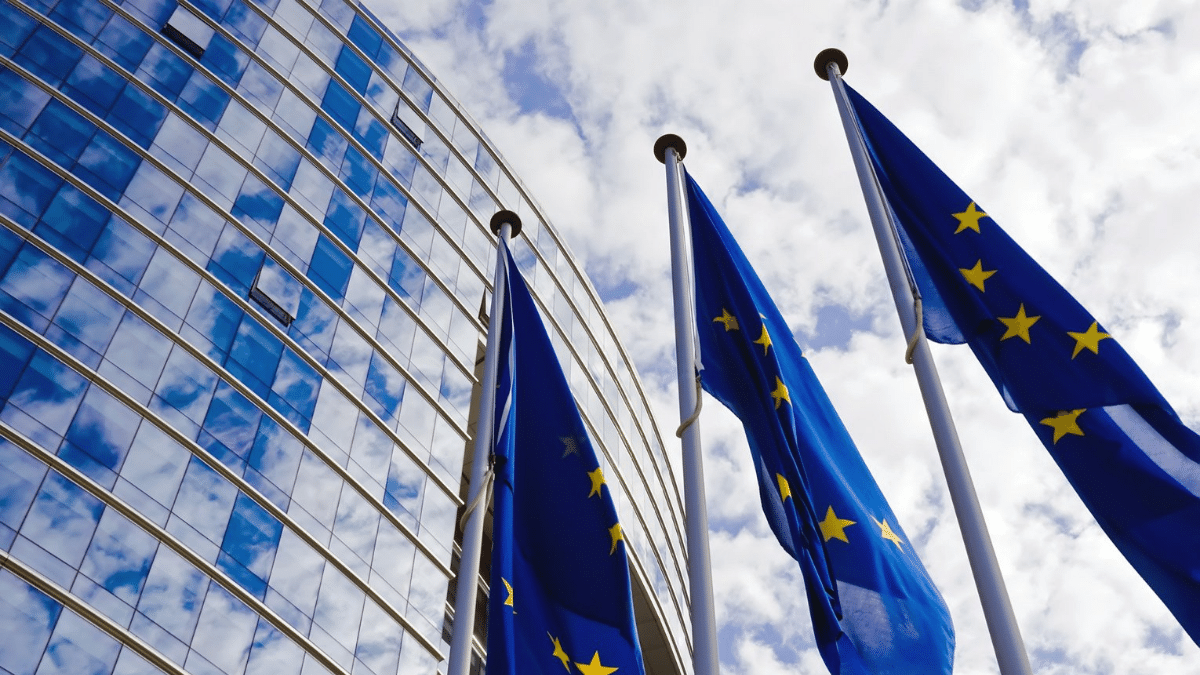
LGBTI Enlargement Review 2021
Even with the rise of Euroscepticism in the Western Balkans and Turkey, the EU accession process continues to be a driving force for change in the recognition of the human rights of LGBTI+ people. The annual enlargement report process is a key moment to remind governments of the criteria that need to be met and point out where advancement, especially regarding the protection of LGBTI people, is still falling behind the requirements. The recommendations regarding the human rights of LGBTI+ people are key tools supporting LGBTI+ organisations in the region to engage with their governments and hold them accountable to the commitments made.
To ensure an accurate representation of the developments regarding the human rights of LGBTI+ people, ILGA-Europe and ERA, together with member organisations in EU enlargement countries, have compiled this submission to the Progress Reports of the European Commission.
This report reflects developments in recognising and respecting the human rights of LGBTI+ people in each enlargement country from January to December 2021. In addition to outlining key developments and challenges on the road to LGBTI equality, the report also highlights gaps in legislation and policy for the protection and advancing of the human rights of LGBTI+ people and the priorities which authorities in each country should tackle in the coming year, as identified by LGBTI+ activists in the respective countries.
Enlargement Reviews – ILGA-Europe’s submissions to Progress Reports of the European Commission
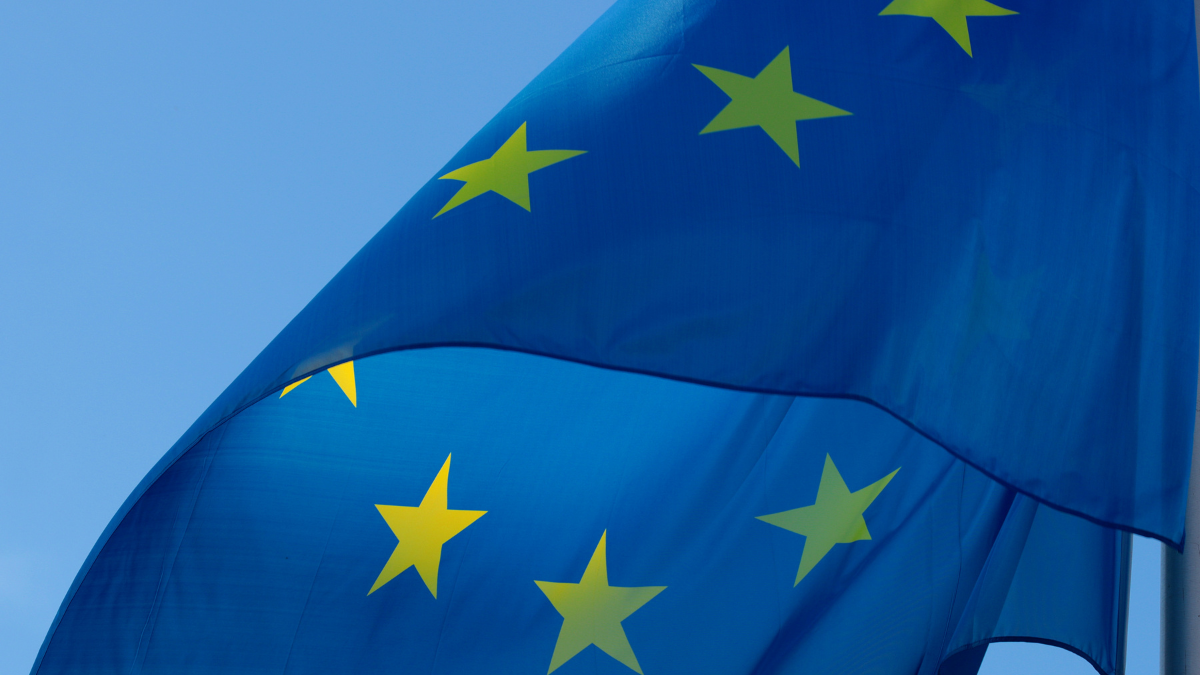
ILGA-Europe has in partnership with national organisations provided the European Commission with detailed documentation on human rights violations against LGBTI people in all candidate and potential candidate countries throughout the year which is included in the submissions to the Progress Reports.
2023
2021
2020
2019
2018
2017
2016
ILGA-Europe’s submission to Progress Reports of the European Commission 2020
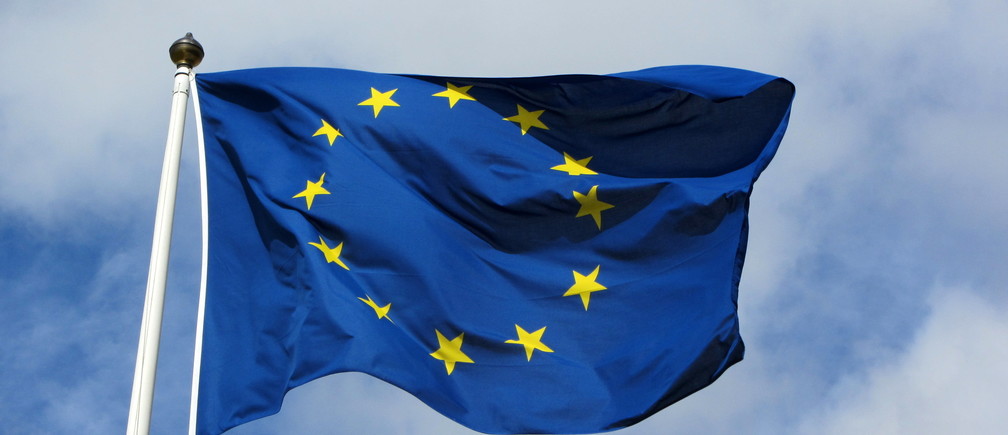
LGBTI ENLARGEMENT REVIEW 2020
In order to ensure an accurate representation of the developments relating to the human rights of LGBTI people ILGA-Europe and ERA, together with our member organisations in EU accession countries, have compiled this submission to the Progress Reports of the European Commission.
This report reflects developments in the recognition and respect for the human rights of LGBTI people in each accession country during the period from January through December 2020. It is intended to assist the European Commission in assessing the progress made en route to EU accession in each country to date. In addition to outlining key developments and challenges on the road to LGBTI equality, the report also highlights gaps in legislation and policy for the promotion and protection of the human rights of LGBTI people, and the priorities which authorities in each country should tackle in the coming year, as identified by LGBTI activists in the respective countries.
In light of the devastating impact of the Covid-19 pandemic this year on the LGBTI community and work of LGBTI activists, we have also included information about its impact, and the necessary assistance that the EU can help provide in supporting LGBTI people. ILGA-Europe and ERA members have reported that the LGBTI community has been heavily impacted by the Covid-19 pandemic and that state support services have failed to reach the most vulnerable in LGBTI communities. As a result, LGBTI NGOs have had to adapt their previous plans and budgets to cover humanitarian aid gaps within the State response to the crisis, providing food, hygiene kits and shelter to LGBTI people who have lost their jobs or been rendered homeless. This has left organisations depleted in terms of human resources and finances, and they have found donors and funders in many cases to have not been flexible with their funding. Even funding specifically earmarked for Covid-19 response has not been possible to use for service provision and support. Given the unsustainable response by governments, it is more essential than ever for the EU to support LGBTI people in the accession countries via funding for supporting LGBTI communities and community-needs advocacy. This funding is essential in order to allow LGBTI NGOs to support the community during the pandemic and ensuing economic crisis, and for them to also have the financial and human resources capacity to continue advocacy work for legislative and policy change within the accession framework. A survey conducted by ERA with its members in the summer of 2020, found that the Covid-19 related measures taken by governments have had numerous negative consequences for the LGBTI+ community including: interruption of essential health services by state institutions, inability to receive essential community services from NGOs, heightened levels of homelessness, increased incidents of domestic violence, closure of LGBTI+ businesses, a significant loss of jobs and rising mental health problems. LGBTI+ organisations have also faced challenges due to the Covid-19 pandemic measures including: loss of funding, closure of community centres, cancellation of services and other activities as well as a general shift towards emergency humanitarian work for LGBTI+ people in need.
ILGA-Europe and ERA joint statement on the Decision of the Constitutional Court of North Macedonia to repeal the Law on Prevention of and Protection against Discrimination
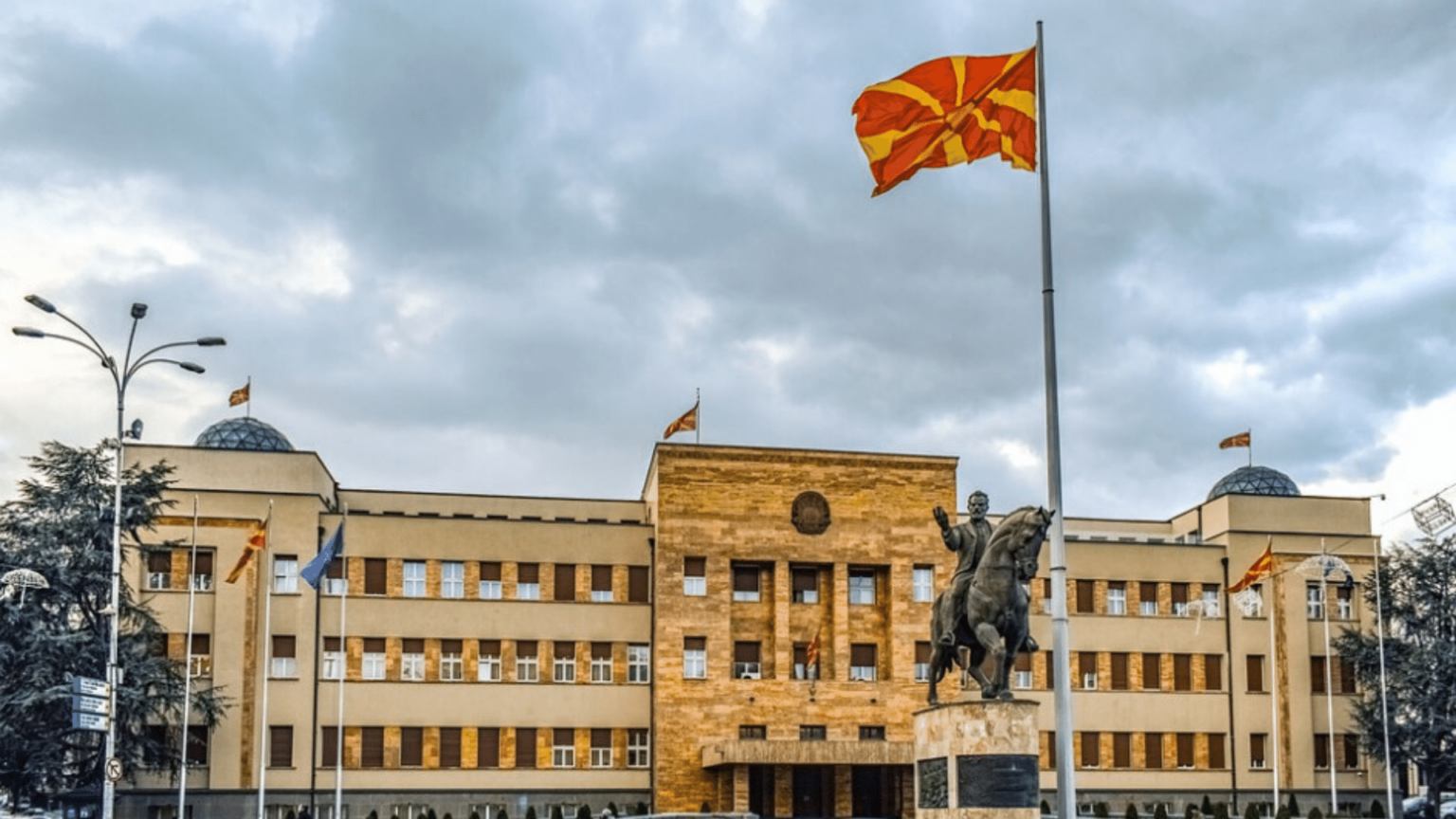
It is with great disappointment that ILGA-Europe and ERA received the news of the decision of the Constitutional Court of North Macedonia to repeal the Law on Prevention of and Protection against Discrimination on 14th May 2020.
This decision comes after an initiative submitted by the previous composition of the Commission for Protection against Discrimination to assess the constitutionality and the legality of the Law, as the Law was adopted without the required majority as regulated by Article 75 of the Constitution.
The adoption of the Law on Protection and Prevention of Discrimination was a victory for all citizens and for equality. The Law had for the first time explicitly prohibited against discrimination based on sexual orientation and gender identity – the result of many years of work, tireless commitment and perseverance of LGBTI activists in North Macedonia. The Law has also received positive opinions from the Venice Commission, the United Nations, the European Union and the OSCE-ODIHR.
The repealing of this Law means that in practice, LGBTI people are not efficiently and effectively protected from discrimination, in addition to the other marginalized groups who were previously protected under this law; such as Roma people, people living in poverty, people with disabilities, and women. It is still not clear whether the previous anti-discrimination law will become effective as a replacement, as the Constitutional Court has yet to decide on this matter, which creates a legal gap regarding anti-discrimination law. Additionally, the repealing of the Law will further postpone the establishment of the Commission for Prevention and Protection from Discrimination, leaving North Macedonia with a lack of independent and professional institutions for providing protection from discrimination, in a context of persistent hate crime and hate-speech being targeted at LGBTI people.
Protection from discrimination based on sexual orientation and gender identity has become a standard in the region, with Albania, Kosovo and Serbia having adopted such laws, and Bosnia and Herzegovina and Montenegro adopted such laws which are also inclusive of sex characteristics, thereby also protecting intersex people against discrimination.
This situation is especially urgent due to the postponement of parliamentary elections that were supposed to take place in April 2020, as a result of Covid-19 crisis. This means that until there is an election, there will be no opportunity for the Law to be re-adopted, leaving LGBTI people unprotected for a number of months, even until well into 2021.
The Ministry of Labour and Social Policy, which was the key actor in the elaboration and adoption of the Law back in 2019, has shown the commitment to the standards that it has set out, as well as a clear commitment to ensuring that the Law gets re-tabled after the elections.
We therefore call on the authorities of North Macedonia to ensure the protection of LGBTI people against discrimination under existing legal provisions, and we call upon the major political parties in the country to re-table the Law on Prevention of and Protection against Discrimination as soon as possible after the elections. North Macedonia must join its Western Balkan neighbours in protecting its citizens from discrimination based on sexual orientation and gender identity. In addition, we remind the authorities of North Macedonia that such a law is a key requirement for the opening of accession negotiations with the European Union.
LGBTI people should not be left behind and should be provided with adequate protection from discrimination, legal recognition of their identity, equal treatment and comprehensive human rights standards.
ILGA-Europe and ERA
UPDATE: On 27 October 2020, the Parliament of North Macedonia re-adopted the Law on Prevention of and Protection against Discrimination, which covers sexual orientation and gender identity grounds. Read more about the re-adoption of the Law.
How France, Denmark and The Netherlands have put LGBTI Europeans at risk
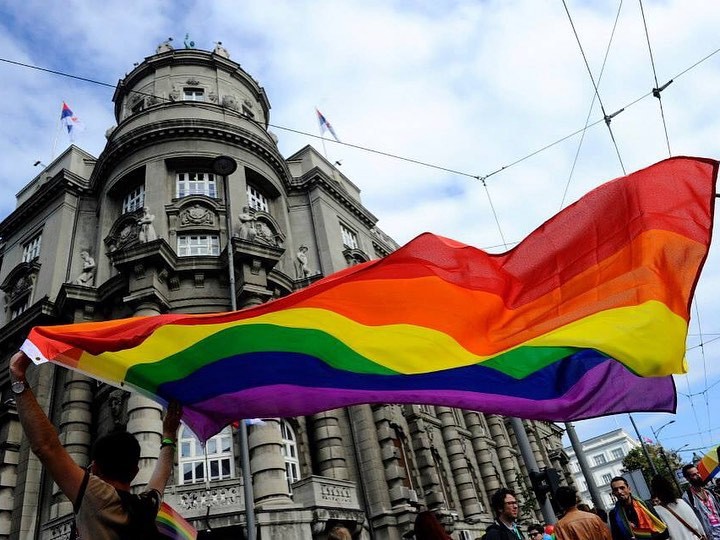
While joining the EU could be key to helping make gender recognition and same-sex marriage a reality in Western Balkan countries, the blocking of Albania and North Macedonia’s next steps towards membership is having the opposite effect.
Four of the five countries who are candidates for future membership of the European Union have basic protections for LGBTI people in place (the fifth, Turkey actively oppresses LGBTI people). However, in this group of countries, Albania, Bosnia and Herzegovina, Kosovo, Montenegro, North Macedonia, and Serbia (collectively known as the Western Balkans), the human rights situation for LGBTI people has remained stagnant for several years, and is now at risk.
ILGA-Europe’s LGBTI Enlargement Review 2019, carried out by our advocacy team in co-operation with the Equal Rights Association (ERA) and our member organisations in the Western Balkans, shows that the accession process of the European Union is crucial for the advancement and protection of current LGBTI rights in the region, along with all other human rights. Nevertheless, in October last year, France refused to begin accession negotiations with both Albania and North Macedonia, while Denmark and the Netherlands expressed reservations about setting a date for opening negotiations with Albania.
A basic guide to accession
The European Union is the political and economic union of 27 countries (it was 28 until January 31 this year, when Brexit took place). Membership is open to countries who respect and promote the founding values of the EU: “human dignity, freedom, democracy, equality, the rule of law and respect for human rights, including the rights of persons belonging to minorities.”
Albania, North Macedonia, Montenegro, Serbia and Turkey are candidate countries, while Bosnia and Herzegovina, and Kosovo are potential candidates. The first group of countries are still negotiating or waiting to start. The potential candidates were promised the prospect of joining negotiations when they are ready.
This year there will be a real opportunity to create momentum for achieving legal gender recognition and recognition of same-sex partnership in the Western Balkans. Montenegro, North Macedonia and Serbia will have parliamentary elections, and the newly elected government in Kosovo could be positive towards LGBTI rights. The EU’s voice of encouragement could be central in ensuring the adoption of much-needed legislation.
The big LGBTI issues in the Western Balkans
Lived reality for LGBTI people remains starkly different to the protections which exist on paper. Implementation of existing legislation remains a prominent issue, and while hate crime legislation on grounds of sexual orientation and gender identity exists in a majority of the accession countries, identifying the hate element in some crimes against LGBTI people remains problematic.
Access to healthcare for trans people remains an issue in the Western Balkans, both for trans specific healthcare as well as for non-discriminatory access to general health care. Intersex people are largely invisible across the region, with only Montenegro and Bosnia and Herzegovina having added sex characteristics as a protected ground against discrimination. Hate speech laws do not name grounds of sexual orientation and gender identity in Kosovo or North Macedonia.
None of the EU accession countries has policies designed to tackle hate speech in place, yet hate speech is a prevalent issue in all of them, both in the media and on social media, often coming from political players.
Public attitudes, while improving in a number of countries, continue to be predominantly negative. This year there are concerns that Sarajevo Pride might be blocked from taking place by local authorities. LGBTI people need state support for Pride marches and other events because they are essential for the visibility and empowerment of the community.
In danger of losing credibility
The EU and the accession talks can be a driving force for sustainable change for LGBTI people in the Western Balkans. However, the decision to keep the doors closed to North Macedonia and Albania puts into question the credibility of the accession process throughout the region, a process which has been fundamental in improving the legal rights and social acceptance of LGBTI people.
The European Commission has recently revised the enlargement methodology and hopes EU leaders will approve it along with opening accession negotiations with Albania and North Macedonia, before the upcoming EU-Western Balkans Summit in May. The opening of accessino talks is also one of the the conclusions of our LGBTI Enlargement Review 2019, which was sent to the European Commission this month.
By stopping the EU integration process last October, France, Denmark and The Netherlands put every LGBTI person and group in the Western Balkans once again at risk of increased marginalisation and of being left behind.
ILGA-EUROPE’S SUBMISSION TO PROGRESS REPORTS OF THE EUROPEAN COMMISSION 2019

LGBTI ENLARGEMENT REVIEW 2019
In order to ensure an accurate representation of the developments relating to the human rights of LGBTI people ILGA-Europe and ERA, together with our member organisations in EU accession countries, have compiled this submission to the Progress Reports of the European Commission.
This report reflects developments in the recognition and respect for the human rights of LGBTI people in each accession country during the period from January through December 2019. It is intended to assist the European Commission in assessing the progress made en route to EU accession in each country to date. In addition to outlining key developments and challenges on the road to LGBTI equality, the report also highlights gaps in legislation and policy for the promotion and protection of the human rights of LGBTI people, and the priorities which authorities in each country should tackle in the coming year, as identified by LGBTI activists in the respective countries.
We hope that this input will be useful in the process of assessing the progress of each country to date, and in identifying key priorities in the coming year.
We also hope that this report will be used as guidance by the EU officials, MEPs and EU representatives in the accession countries throughout the year, when referring to rights of LGBTI persons in the accession countries and the much needed further improvement of their position in society and within legal and policy frameworks.
The EU accession process has been, and continues to be, a driving force for change in the recognition of the human rights of LGBTI people throughout the region. Year on year the human rights of LGBTI people continue to feature notably in the reports, assessing progress to date and setting out recommendations for the authorities to implement in the future. In order to ensure this implementation, we deem it necessary to extend this reporting process so that it includes mechanisms for the follow-up of the recommendations to national governments, and for reporting back to civil society on how data published in the reports are used in this regard throughout the year. In this way we can ensure that the reports reach their full potential when it comes to securing social and legal change for the rights of LGBTI people in the region.
Re-opening Accession Talks with the Western Balkans is Crucial for Protecting LGBTI Rights
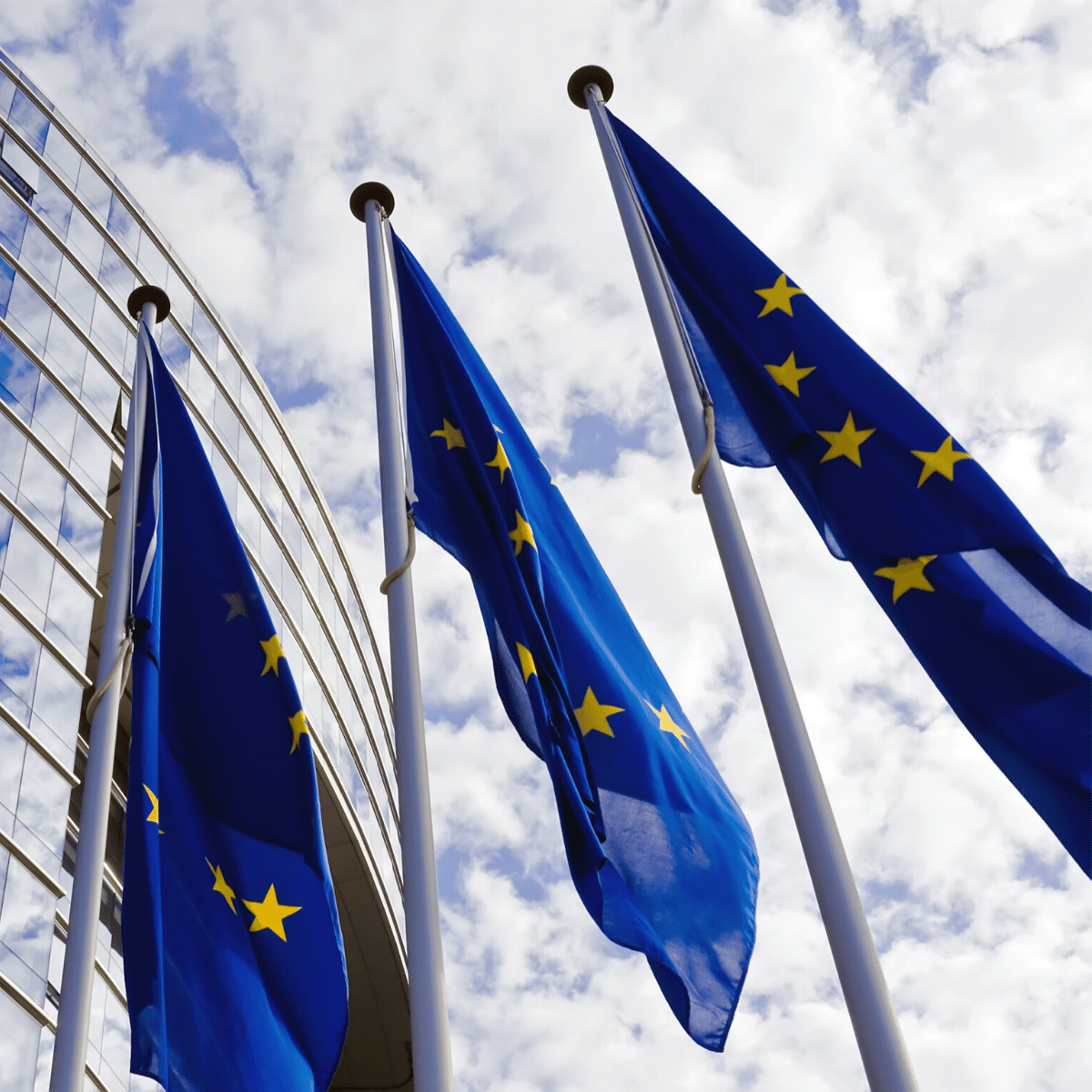
A letter sent today (27 January) to the Croatian Presidency by ILGA-Europe and the Equal Rights Association (ERA) stresses that opening accession talks with North Macedonia and Albania is critical in protecting LGBTI rights.
“The blockage of accession talks with North Macedonia and Albania negatively impacts LGBTI rights in the region.” This is the main message of a letter sent today to the Croatian Presidency by ILGA-Europe and ERA, the LGBTI Equal Rights Association for Western Balkans and Turkey, and signed by ILGA-Europe’s member organisations from North Macedonia and Albania.
In October last year, the European Council failed to approve the opening of accession talks with the Western Balkans, after France refused to begin negotiations with both Albania and North Macedonia, while Denmark and the Netherlands expressed reservations about setting a date for opening negotiations with Albania.
Activists across the region have identified the decision not to open accession talks with the Western Balkans as yet another sign that the accession process is not credible – that the EU requires Albania and North Macedonia to make concessions as agreed, yet does not hold its end of the bargain.
According to ILGA-Europe’s LGBTI Enlargement Review 2019, the EU accession process has been, and continues to be, a driving force for change in the recognition of the human rights of LGBTI people throughout the region. Year on year the human rights of LGBTI people continue to feature notably in the reports, assessing progress to date and setting out recommendations for the authorities to implement in the future.
According to Katrin Hugendubel, Advocacy Director at ILGA-Europe: “The accession process has been a game-changer in the region as regards LGBTI rights. The blockage of talks has dramatically damaged the EU’s credibility and countries in the region are losing the will to comply with the human rights standards set by the EU as a prerequisite for accession.”
“LGBTI organisations and activists in the Western Balkans have expressed great worries and concerns about these developments. The progress the countries in the Western Balkans have made over the last years when it comes to the protection of the rights of LGBTI people is still fragile, and support from European institutions is still key. Reopening the accession talks needs to be a priority to ensure the EU can remain a supportive voice and driver for fundamental rights in the region,” Hugendubel continued.
The main recipient of the letter is the Croatian Foreign Minister, Gordan Grli?. It has also been sent to European Commissioner for European Neighborhood Policy and Enlargement Negotiations, Olivér Várhelyi and the High Representative of the European Union, Josep Borell Fontelles, as well as representatives from relevant Embassies and Permanent Representations.
According to the letter, “failure by the European Council to move forward with accession talks, despite all the important advances [in LGBTI rights] in the Western Balkans, risks that not only the governments of North Macedonia and Albania will turn away from the enlargement process, but that throughout the region the trust in the process is lost and governments no longer stand by their commitments to uphold human rights, including those of LGBTI people, as a value to be protected and improved.”
The letter has been sent to coincide with the beginning of the Croatian Presidency, and after Mr. Grli? stated in a European Parliament Foreign Affairs Committee meeting that the Presidency would to its best to begin accession talks with North Macedonia and Albania during the first half of this year.
The letter reads as follows:
It has been over 16 years since the European Union and Western Balkan countries agreed in Thessaloniki on the shared values of democracy, rule of law, respect for human and minority rights, solidarity and a market economy, which constitute the very foundations of the European Union. The EU reiterated its unequivocal support to the European perspective of the Western Balkan countries and clearly stated that the future of the Balkans is within the European Union. The process and the prospects it offered were to serve as the anchor for reform in the Western Balkans through a shared agenda, and commitment to its implementation from all sides, all the way to their future accession, in the same way the accession process has done in Central and Eastern Europe.
The EU accession process has been an important driver and support for reconciliation of the region that went through a turbulent decade of wars, ethnic conflicts and economic and societal crisis and a leading path towards the respect of human rights and the rule of law for everyone.
Within this period, legislative steps were taken to better protect the rights of LGBTI people, as EU integration served as an anchor for reforms in the region. We saw a time of real advances for human rights for all, including the protection of the fundamental rights of LGBTI people and an acknowledgement that LGBTI people are part of Western Balkan societies. The accession process has amplified the voices of local LGBTI activists and initiatives, helping drive forward their crucial work in protecting LGBTI rights and democratic societies. Most of the countries have developed LGBT National Action Plans which have created, or envisaged legal provisions for LGBTI people to be protected from discrimination and violence and to be treated equally, for example introducing recognition of same-sex partnership, and ensuring legal gender recognition procedures that will allow people to have personal documents based on self-determination. These reforms in the framework of the EU accession process of Western Balkan countries are ongoing, and advances on achieving equality for LGBTI persons are still fragile and should not be taken for granted. For example, implementation of LGBT National Action Plans still need to be properly implemented across the region, and in December, notably after the refusal of accession negotiations and contrary to European Commission advice, Albania took steps backwards when it comes to respect of freedom of speech by approving controversial anti-defamation laws.
The decision not to open accession talks with Albania and North Macedonia despite their clear efforts and advances, damages the credibility of the accession process throughout the region, a process which has been fundamental in improving the legal rights and social acceptance of LGBTI people. Albania and North Macedonia have made significant steps and, like other Western Balkan countries, have demonstrated that the rule of law and respect for human and minority rights constitute the very foundations of these two countries. North Macedonia adopted many missing laws to protect the rights of LGBTI people in the past 24 months, confirming the very essence of European values regarding fundamental rights by explicitly including sexual orientation and gender identity in its anti-discrimination, education, media and hate crime legislation. Albania adopted a number of laws protecting LGBTI people from discrimination in employment and education, and hate crime laws inclusive of sexual orientation and gender identity. ERA gathered over 200 human rights defenders in the Albanian capital of Tirana for its regional LGBTI conference this November, when the very first lesbian* march was also held in the city’s streets, without incident. North Macedonia held the first Pride Parade in June 2019, and the Ministry of Labour and Social Policy organized its first National Conference on Advancement of LGBTI Rights also in June 2019.
The failure by the European Council to move forward with accession talks, despite all these important advances, risks that not only the governments of North Macedonia and Albania will turn away from the enlargement process, but that throughout the region the trust in the process is lost and governments no longer stand by their commitments to uphold human rights, including those of LGBTI people, as a value to be protected and improved.
With no clear support from the EU and by stopping the EU integration process, LGBTI communities and activists in the Western Balkans are once again at risk of increased marginalisation and of being left behind, while LGBTI movements will have even less support and space for development.
As throughout Europe, also in the Western Balkans, we are witnessing the continuous rise of populism, political and religious extremism, and the emergence of powerful forces against women’s rights, sexual and reproductive rights, and LGBTI rights. These forces are attempting to restrict and threaten the rights and freedoms of LGBTI people. With LGBTI communities and activists still living in the fragile and yet to be fully reformed Western Balkans, facing a large number of human rights challenges, we have to state our deepest regrets and high concerns for the European Council’s historic error of refusing to start accession talks with North Macedonia and Albania.
The strong and devoted presence of the EU in the Western Balkans is crucial for the overall improvement of the position of marginalised groups such as LGBTI people and its absence can severely damage the newly gained and still fragile progress of the past decade and a half. The LGBTI movement across the region, including in Albania and North Macedonia, always protected the cause of EU integration and its values whenever this was questioned. We also recognise that the EU became the strongest ally of LGBTI civil society in the region, and bravely fought and is still fighting for the advancement of rights for every LGBTI individual.
Therefore, we call on you, in your position as an ally to the cause of EU integration and the consolidation of rule of law and fundamental rights in the region, to raise awareness about the wide-spread consequences of this situation, and to do everything in your power to ensure that the start of accession talks is unblocked and to reiterate the European perspective of all Western Balkan countries.
ILGA-EUROPE’S SUBMISSION TO PROGRESS REPORTS OF THE EUROPEAN COMMISSION 2018
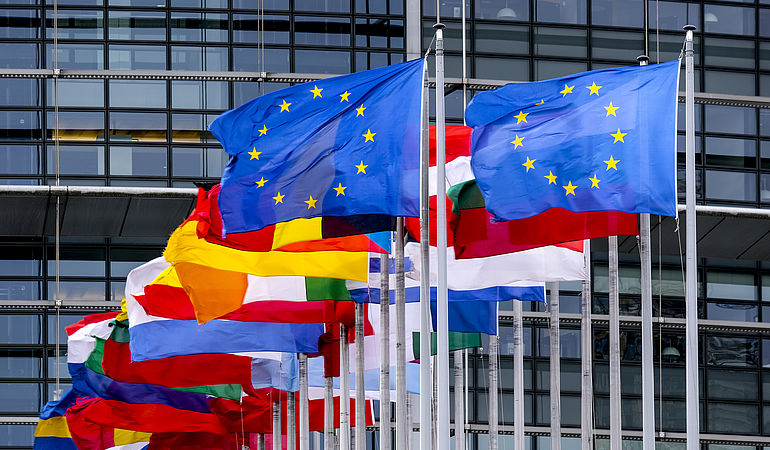
LGBTI ENLARGEMENT REVIEW 2018
The EU accession process has been, and continues to be, a driving force for change in the recognition of the human rights of LGBTI people throughout the region not only through the criteria that countries have to meet, but through the annual Enlargement Reports. Year on year the human rights of LGBTI people continue to feature notably in the reports, assessing progress to date and setting out recommendations for the authorities to implement in the future , as well as providing a key tool used by LGBTI organisations in the region to engage with their governments and hold them accountable for the commitments made.
In order to ensure an accurate representation of the developments relating to the human rights of LGBTI people ILGA-Europe, together with our member organisations in EU accession countries, have compiled this submissions to the Progress Reports of the European Commission.
This report reflects developments in the recognition and respect for the human rights of LGBTI people in each accession country during the period from January through December 2018. It is intended to assist the European Commission in assessing the progress made en route to EU accession in each country to date. In addition to outlining key developments and challenges on the road to LGBTI equality, the report also highlights gaps in legislation and policy for the promotion and protection of the human rights of LGBTI people, and the priorities which authorities in each country should tackle in the coming year, as identified by LGBTI activists in respective countries.
We hope that this input will be useful in the process of assessing the progress of each country to date, and in identifying key priorities in the coming year.
Albania and FYR Macedonia accession talks recommended
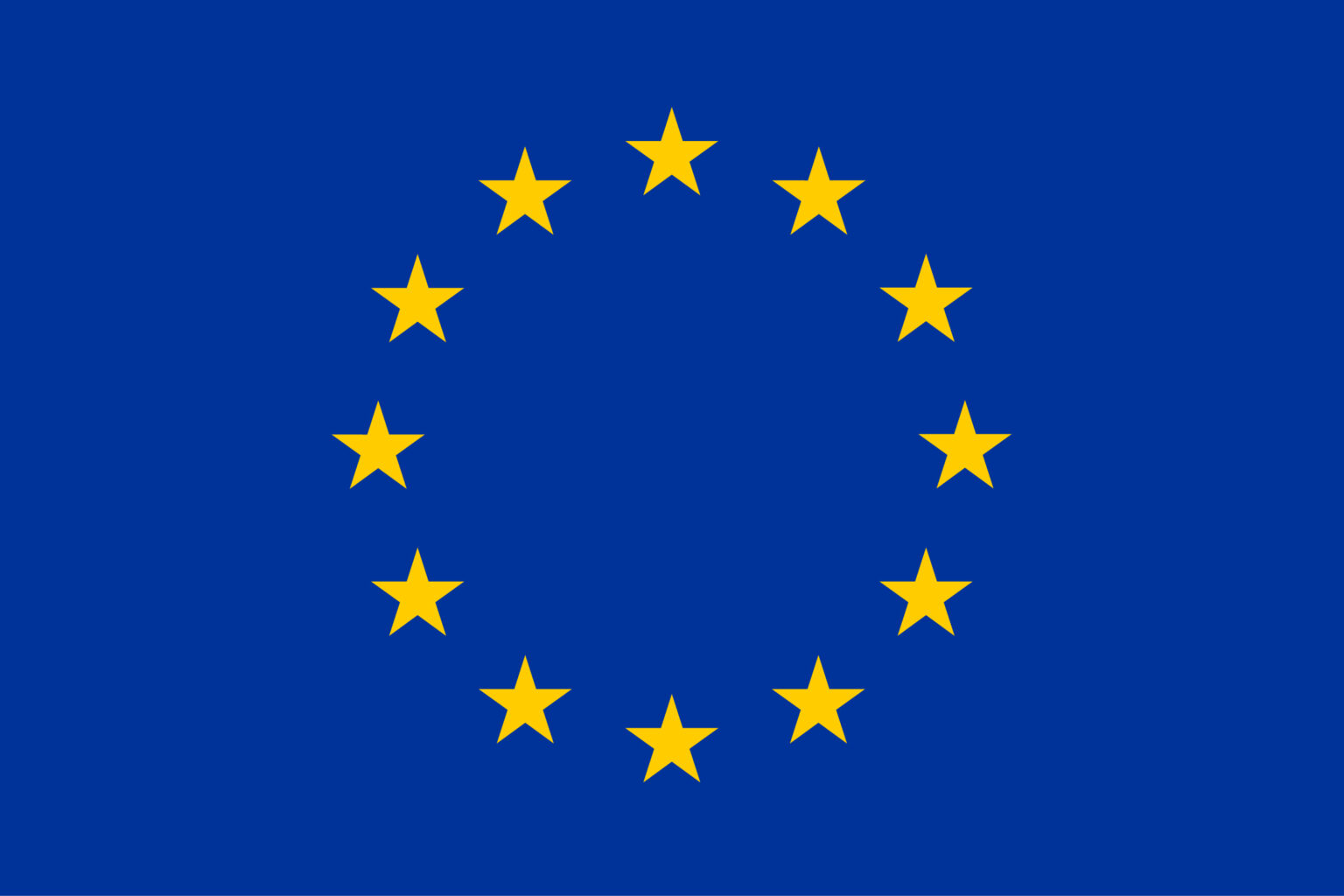
On 17 April 2018, the European Commission recommended launching accession talks with Albania and FYR Macedonia, both of which have up until now been candidates for accession
If voted on by the European Council, they will join neighbouring Serbia and Montenegro in the next step of the accession process and begin official negotiations.
The step marks a clear recognition in the progress both countries have made in meeting criteria for accession into the EU.
Human rights, and the human rights of LGBTI people, have formed an ever stronger part of these criteria, so how do both countries look in terms of protections for LGBTI people as they move closer to negotiations for accession?
ALBANIA
With the score of 33% on our Rainbow Map, Albania is not only ahead of most of its neighbours (except Montenegro with 39%), but also a number of EU member states.
Overall, the legal framework in Albania includes general guarantees of respect for human rights, and the human rights of LGBTI people specifically. Furthermore, a dedicated action plan for the promotion and protection of the human rights of LGBTI people is in place in Albania and LGBTI activists enjoy strong connections to a number of policy makers and politicians.
However, implementation falls short of the image painted on paper. Public attitudes remain highly negative, hate speech and discriminatory language continue to be a problem in media coverage and on line, and steps should be taken to introduce legal gender recognition procedures and partnership protection for same-sex couples.
As and when the Council decides on initiating negotiations for accession, a focus on implementation needs to form part of these discussions to ensure real change for LGBTI is achieved before Albania enters the EU.
FYR MACEDONIA
Macedonia, on the other hand, scores only 16% on our Rainbow Map, and up until a year ago it would have been unimaginable that the country would be recommended for starting negotiations so soon.
The change in the political landscape has brought about many changes, including for LGBTI people who prior to the political change were the subjects of disinformation and demonisation campaigns. Parliamentary elections were held in Macedonia in December 2016. Following months of turmoil, violent protests and even attacks in the parliament itself, the political crisis was finally resolved in the spring of 2017 and a government formed by the Social Democrats in coalition with Albanian parties, marking a significant political change for the country which had been ruled by the conservative VMRO DPMNE for over a decade.
In the last year, the Skopje Pride Weekend was opened by the Minister of Culture. No government representative had been present at Pride events in the past. Furthermore, the 5th anniversary of the Macedonian LGBTI Support Center on October 31st was attended by the Prime Minister, Mr. Zoran Zaev, who addressed those present and publicly pledged support for the human rights of LGBTI people.
A draft anti-discrimination law, specifically mentioning sexual orientation and gender identity, has been put together and is set to be voted on this year. Conversations have been started about legal gender recognition. An interparliamentary group of MPs from across the political spectrum have founded an intergroup on LGBTI rights to collaborate on identifying and taking advantage of opportunities for the promotion and protection of the human rights of LGBTI people. Furthermore, state funding is being allocated to an LGBTI shelter, and to Pride Weekend activities.
The political drive and momentum has truly been incredible. If Macedonia progresses to the next stage of accession talks, ensuring that the aforementioned legislative initiatives are passed and followed by thorough implementation efforts should be central to the conversations around human rights.
Both Albania and FYR Macedonia have come a long way in recent years in support for and action around promotion and protection of the human rights of LGBTI people.
We welcome the recognition of this progress by the European Commission in recommending that both countries enter the next stage of negotiation and hope that the next stage brings further progress and, crucially, implementation, thus resulting in real change for LGBTI people in both countries.
ILGA-EUROPE’S SUBMISSION TO PROGRESS REPORTS OF THE EUROPEAN COMMISSION 2017

LGBTI ENLARGEMENT REVIEW 2017
This report reflects developments in LGBTI people’s rights in each accession country since October 2016, in particular in reference to recommendations identified by the European Commission in last year’s Enlargement Reports, as well as highlighting the key priorities that LGBTI organisations have identified for the coming year. As human rights more broadly, and the human rights of LGBTI people more specifically, continue to hold an ever stronger position among the Copenhagen Criteria accession countries are required to meet prior to becoming eligible for admission into the EU, this report is intended to assist the European Commission in assessing the progress made in each country to date, and providing clear guidance on reforms or measures that still need to be taken. In turn, the Enlargement Reports issued by the European Commission are a key tool used by LGBTI organisations in the region to engage with their governments and hold them accountable for the commitments made.
Within Reach. Making LGBTI rights a reality in South East Europe by 2020
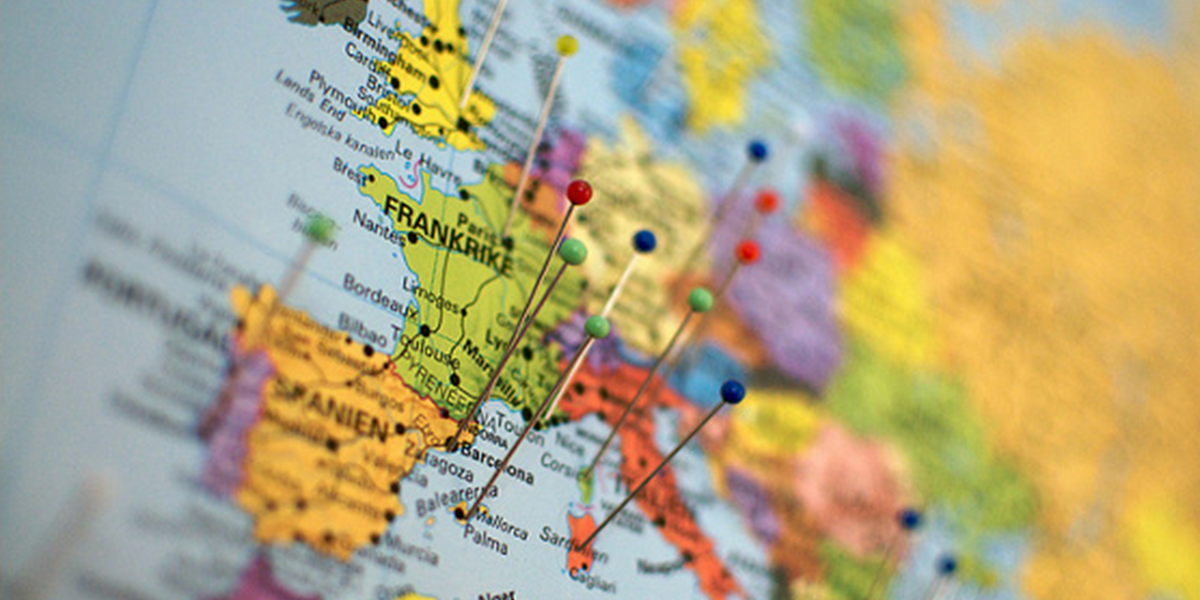
This paper was composed by ILGA-Europe, on behalf of Sarajevo Open Centre, to inform decision-makers in both the EU and its accession countries in the Western Balkans about advocacy priorities regarding LGBTI issues in the region in the coming year.
The situation for LGBTI people is at a pivotal moment in most accession countries. Much has been achieved over the last years, mainly due to EU accession process, with key developments in anti-discrimination and hate crime legislation, respect for freedom of assembly and expression, and an increase in the number and capacity of LGBTI civil society organisations.
Yet much is left to be done to ensure the human rights of LGBTI persons in the region. This is a unique moment in time for taking the next steps. Governments in the region are keen to progress in order to join the EU, which provides an opportunity for the LGBTI movement to reach further to achieve several key aims, including effective implementation of existing legislation across urban and rural areas, promoting an enabling environment for civil society, and pushing for adoption of legal gender recognition and registered partnership for same sex couples.
This paper sets out the state of play and overarching policy aims for the region as a whole in the coming years, as well as shedding light on each country specifically. It wascomposed by ILGA-Europe, on behalf of Sarajevo Open Centre, to inform decision-makers in both the EU and accession countries about advocacy priorities regarding LGBTI issues in the coming years. The paper is based on interviews with and input from LGBTI organisations active in the region: ProLGBT (Albania), SOC and UNDP (Bosnia), CSGD (Kosovo*), Subversive Front and LGBT Support Center (‘The former Yugoslav Republic of Macedonia’), Queer Montenegro (Montenegro), Labris and Gayten (Serbia), ERA – LGBTI Equal Rights Association for the Western Balkans and Turkey, Civil Rights Defenders, Trans Network Balkan and TGEU (regional).
Meeting the challenge of accession
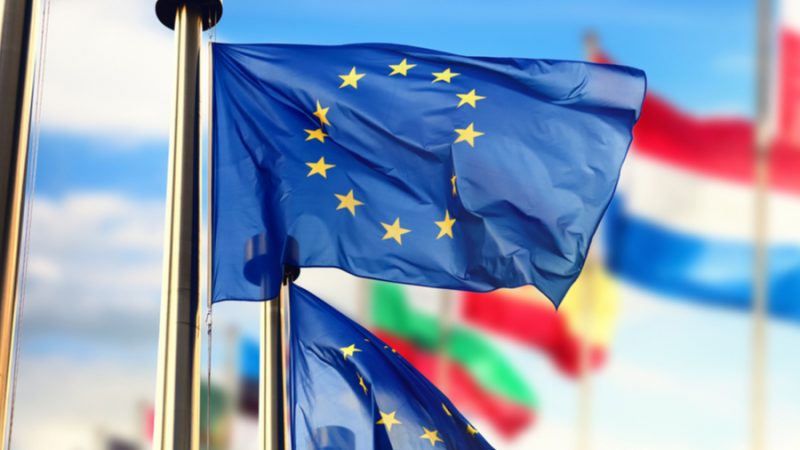
Surveys on sexual orientation discrimination in countries joining the European Union.
This report is a comparative summary of national reports written in ten countries (Czech Republic, Estonia, Hungary, Latvia, Lithuania, Malta, Poland, Slovakia, Slovenia and Romania). It highlights the violence and discrimination some people face because of their sexual orientation.
The data and statements collected show that discrimination on grounds of sexual orientation affects several areas of the life of lesbian, gay and bisexual (LGB) people. Discrimination exists in the family, in education, in the workplace, in the army, in health services, in housing and in the church. In order to end such discrimination and human rights abuses, the report puts forward some recommendations to the new member states and to the European Union institutions.
These recommendations concern changes in the law, policies and practices affecting LGB people in the accession countries. It aims at reinforcing the instruments dealing with discrimination in the EU and in the member states.
Equality for lesbians and gay men- a relevant issue in EU accession process

This report, from 2001, maps the legal and social situation of lesbians and gay men in 13 candidate countries to EU accession.
Three years after the publication of the “Equality Report” on the situation of lesbians and gay men in the EU Member States, ILGA-Europe has produced the current report, “Equality for Lesbians and Gay Men – A Relevant Issue in the EU Accession Process”, with a view to filling the information gap regarding the situation for lesbians and gay men in the candidate countries. The report was produced as part of the project “Lesbian and Gay People in Candidate Countries to EU Membership”.
All 13 accession countries are represented with individual reports: Bulgaria, the Czech Republic, Cyprus, Estonia, Hungary, Latvia, Lithuania, Malta, Poland, Romania, Slovakia, Slovenia, and Turkey. A further chapter presents the European Union’s legislation and policies that are relevant to the rights of lesbians and gays in the accession countries, policies which have developed very significantly in the recent past.